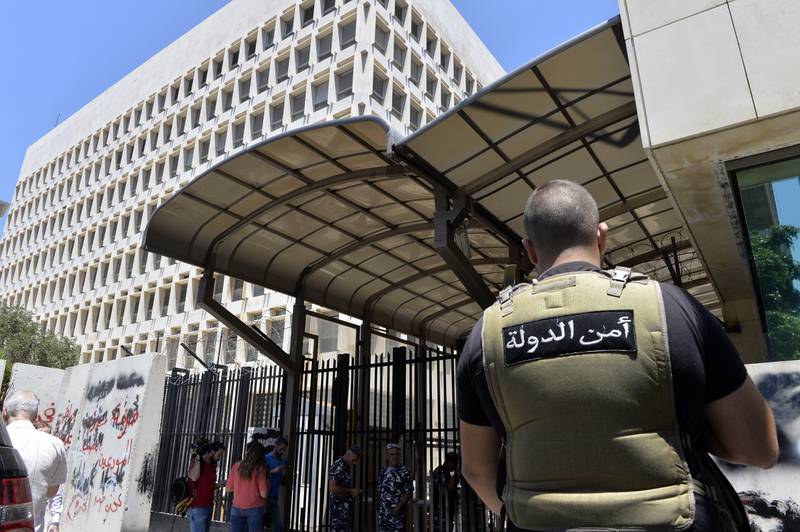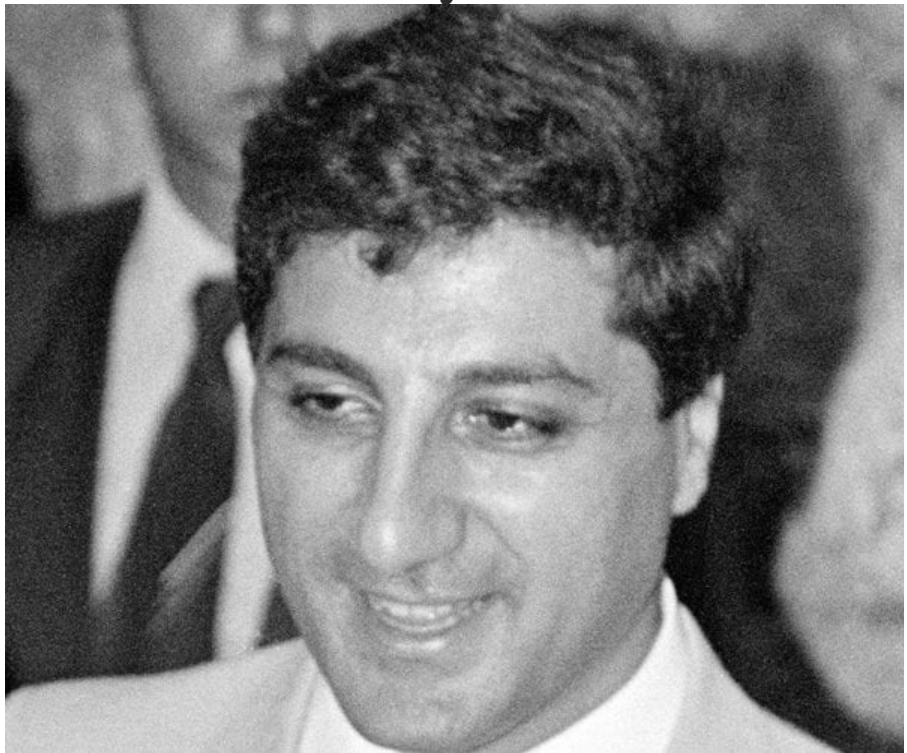
by Malek el Khazen: Many Lebanese companies that receive all fresh dollars and accept only fresh dollars are still paying their employees in Lebanese pounds. It’s a shame. Occasionally, they pay half of the salary in Fresh Dollars and the other half in Liras or “lollars”. Why is that? We can easily blame our government for failures and corruption. The fact that these employees are still paid in “liras” is a complete travesty. Stop pointing the fingers at the government, you are no better if you are getting paid in fresh dollars and are not paying your employees in fresh dollars. if we don’t start at the micro level and reject taking advantage of the new financial situation! You can begin by yourself.
by watchdogsgazette.com — Jad El Dilati – The only thing that an employer needs to do in modern-day Lebanon to attract job seekers is to write “paid in fresh dollars” in the job’s description, no matter how low the amount of dollars is. At a time when the country faces one of the world’s worst financial crises since the 19th century according to the World Bank when 50% of the country’s population is living below the poverty line, and with the unemployment rate on a sharp rise, finding a job that pays in fresh dollars, cash dollars, in Lebanon feels like winning the lottery. This is an alarming illusion. To understand why getting paid in fresh dollars today feels like a privilege, one has to take a step back and look at the general image existing in Lebanon. The type of salary that you earn comes down to what sector you work in. People working in the public sector, including teachers in public schools, security personnel, army members, and any job funded by the state, get paid in Lebanese liras (LBP).
Intra-sector differences arise among the private sector where most of the people working in private companies still get paid in Lebanese liras especially if the company is based in Lebanon. However, a good portion of private companies are paying their employees either a full salary or part of a full salary in fresh USD. Those companies are mainly tech companies who have foreign customers, companies that provide services to the Gulf Cooperation Council (GCC), and mostly any company that exports because those have become exceedingly scarce. Some companies that are currently paying their employees in USD include KPMG and PWC, both foreign. Almost all self-employed individuals also earn wages in LBP. Most Lebanese citizens work in the first two mentioned sectors or are self-employed, and thus earn their salaries in LBP. 95% of them do. This means that, if you are a person residing in Lebanon, earning fresh US dollars every month, at a time where one US dollar is worth 30,000 LBP, you are better off than 95% of the population. Amidst the continuous devaluation of the local currency, and the increasing difficulty in finding actual US dollar bills, earning fresh dollars seems like a prerogative. This feeling of privilege paved the path towards the savage exploitation of the Lebanese working class that is being witnessed today.
“Must-haves: 2 years of experience in business, 2 years of experience in marketing, experience in management, 4 years of business development experience. Expected salary: 200 fresh USD/ month!” An exclamation point is always added to make the low salaries look appealing. This was an ad for a telesales and marketing managerial full-time position for a company in Beirut that I saw on LinkedIn after less than a minute of scrolling. To put into perspective how substandard this salary is, it is necessary to compare it with the salary associated with the same job in other countries on one hand, and with the Lebanese minimum wage on the other hand while taking into account Lebanon’s current miserable conditions. Aِ marketing manager in the United States with this many years of experience would earn $126,560 a year which means they would be earning a monthly salary of $10,546. Thus, a marketing manager working in the United States would be earning 52 times the amount that an identical manager would be earning here. Certainly, one cannot compare the size of the Lebanese and the American economies. However, the private company offering the position in Beirut is run by a Lebanese expat whose revenue is entirely in “fresh dollars” because the company’s finances are all managed abroad. This implies that this employer is familiar with the market of such a job, is able to raise the wages to meet even a quarter of what should be earned yet chooses not to since they are well aware of the desperate need for fresh USD today.









